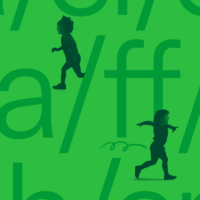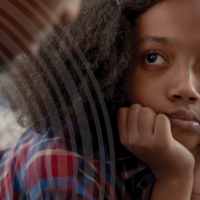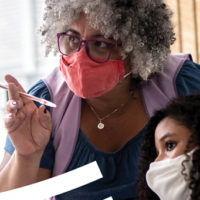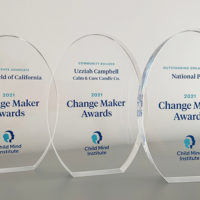Education
Children’s Mental Health Report
Thought-provoking and practical information on children’s mental health.
Reports
Each year the Children’s Mental Health Report takes a new focus, from the prevalence of mental health disorders to science of the developing brain.
2023 Report: Reading Instruction
In this report, we look at the most effective ways to teach kids to read and how to support struggling readers.

2022 Report: Trauma and Treatment
In this report, we look at the effects of psychological trauma on kids and the ways to treat it.

2021 Report: COVID and Mental Health
In this report, we examine research on the effects of the COVID-19 pandemic on children’s mental health.

2020 Report: Telehealth
In this report, we look at the recent research on telehealth in an increasingly virtual world.

2019 Report: Social Media and Gaming
In this report, we look at social media and gaming to help parents understand the online lives of children and adolescents.

2018 Report: Anxiety
In this report, we look at how widespread anxiety disorders are, how they develop, and the risks of untreated anxiety.

2017 Report: The Teen Brain
In this report, we look at the teenage years, highlighting unique factors that make adolescence exciting, important, and potentially dangerous.

2016 Report: School-Based Interventions
In this report, we examine how mental health and learning disorders affect performance in the classroom.

2015 Report: Child Mental Health 101
In this report, we look at the prevalence and stigma of childhood mental health disorders.

Insights Into Children's Mental Health
The Child Mind Institute’s Children’s Mental Health Report provides thought-provoking and practical information on child and adolescent mental health care, based on reliable studies and emerging research.
Our goal in preparing the report is to deepen our understanding of problems, promote effective solutions and, most importantly, spark conversations — around kitchen tables and in the halls of Congress. Though the theme varies from year to year, every report reinforces one key message: mental health disorders are serious, but early intervention can make all the difference in transforming children’s lives.
Our systems of care often miss the children most in need of help, but we can do better with a commitment to expanding education, scientific progress and clinical care. The report is a starting point for those who want to explore this issue, and a guide to changing how we think about childhood mental health and taking action.
Other Campaigns
See more ways we’re spreading the word that childhood mental health and learning disorders are real, common, and treatable.
Mental Health Awareness Month Campaign
Each May for Mental Health Awareness Month, we join with celebrities and influencers in a national campaign to fight stigma and open up the conversation on mental health.

Change Maker Awards
Our Change Maker Awards celebrate individuals and organizations making real change in the mental health care system.

Project UROK
Project UROK reaches out to teens directly and encourages them to engage in the conversation about mental health on their terms, in their space: Online.

Thriving Kids Projects
Explore evidence-based video resources to support your child’s mental health and guide you through parenting challenges.

